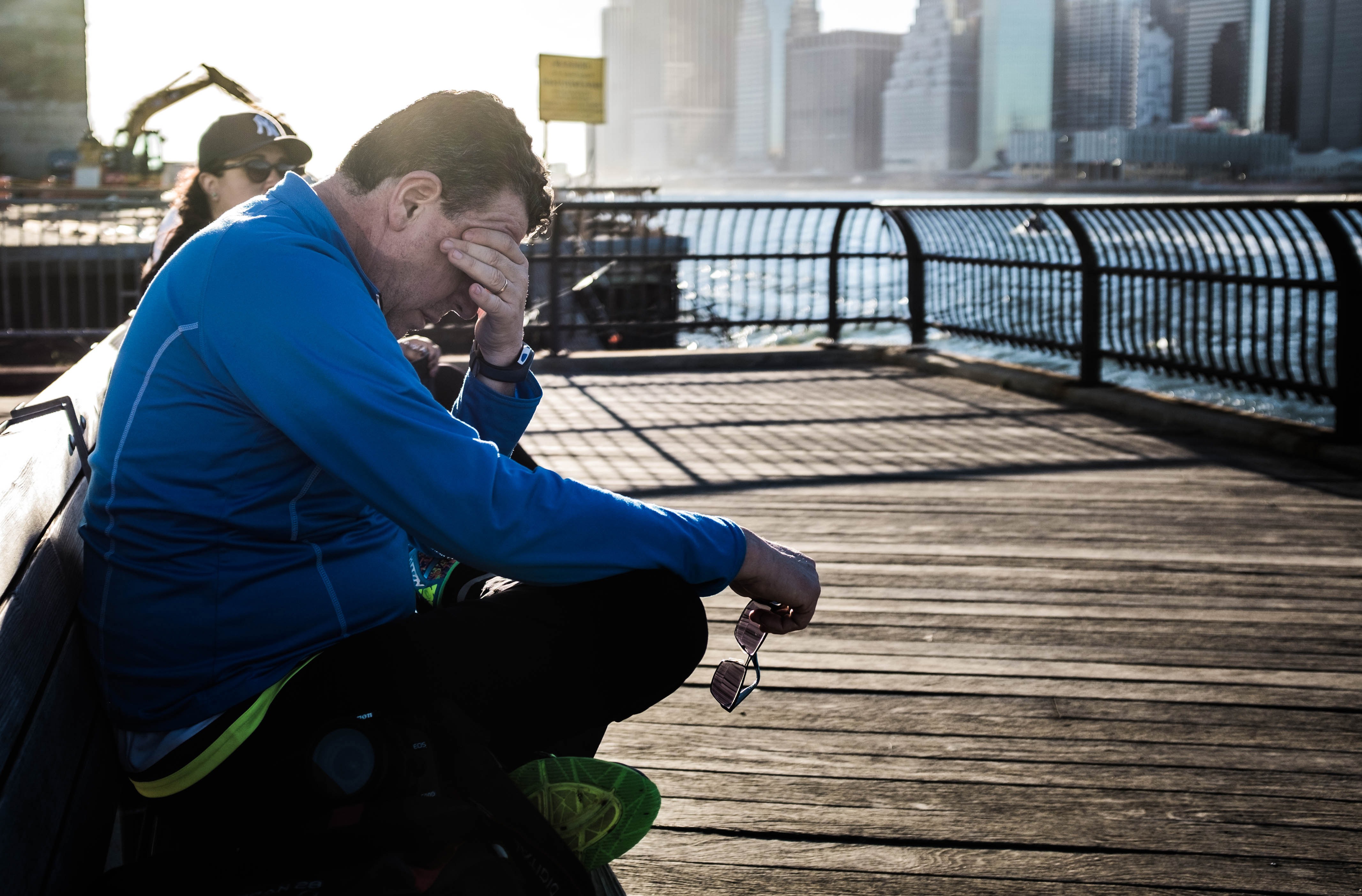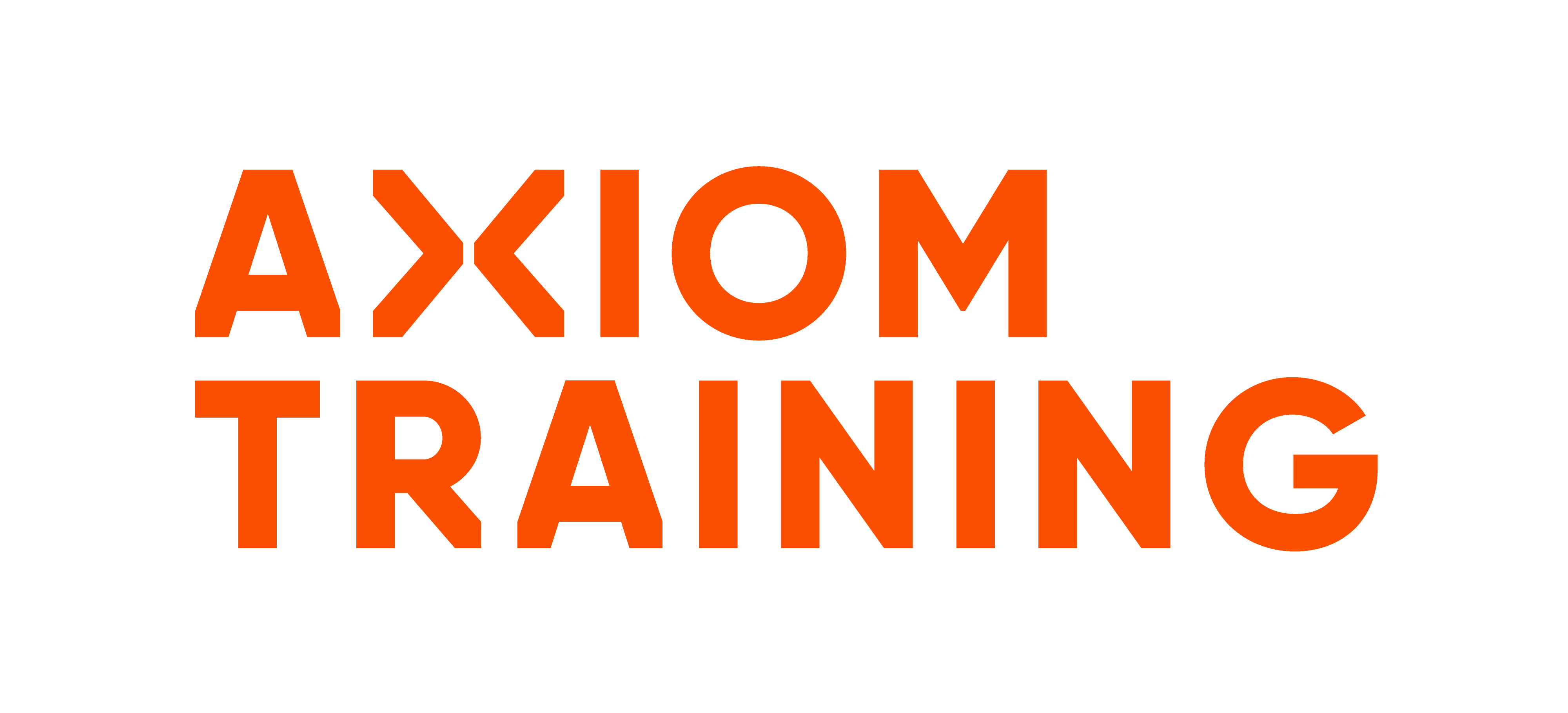H&S Tech Tip: Worker Fatigue
Fatigue is the state of feeling very tired, weary or sleepy resulting from insufficient sleep, prolonged mental or physical work. Boring or repetitive tasks can intensify feelings of fatigue.
The Health and Safety at Work Act (General Risk and Workplace Management) Regulations 2016 impose duties on PCBUs – employers and the like; in relation to the management of risks to health and safety.
Not only does it present a risk to individuals, but may also affect organisations through:
- increased sick time, absenteeism, rate of turnover
- increased medical costs

- increased incident rates
Fatigue is such that a may be considered a form or impairment, which presents a risk and as such must be managed effectively.
People responsible for planning work routines, particularly for shift workers, must ensure that workers are not exposed to unnecessarily long shifts.
They must be proactive in the management of fatigue by abiding by the following precautions and expectations:
- Allow for regular and adequate rest breaks
- Provide facilities for workers to take their rest periods away from the ‘coal-face’
- Plan work journeys, taking into account pre-journey work duties, the length of the trip and post-journey commitments
- Prohibit the use of drugs, including medicinal drugs that cause drowsiness if workers are driving or operating machinery
- Manage the risks associated with remote or isolated work



